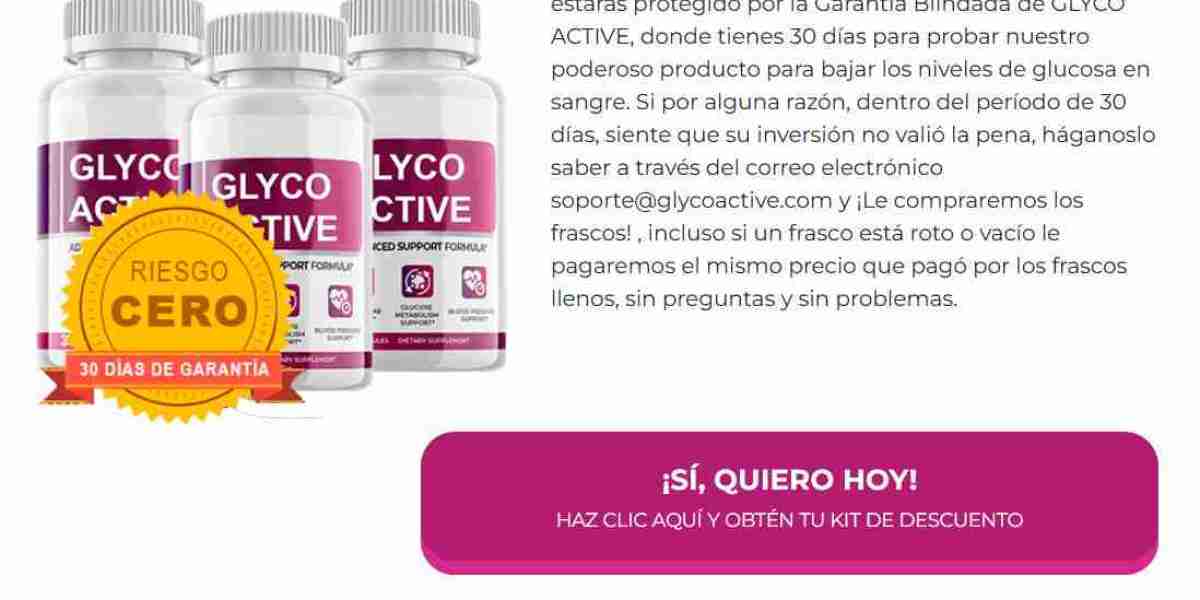The respiratory care devices market is projected to reach USD 33.6 billion by 2030 from USD 23.6 billion in 2025, at a CAGR of 7.3% from 2025 to 2030.
In the respiratory care devices market, companies are primarily focusing on strategies such as technological innovation, strategic partnerships, geographic expansion, and portfolio diversification to maintain a competitive edge. Key players such as Philips Healthcare, ResMed, Medtronic, and GE Healthcare are investing heavily in R&D to develop advanced, user-friendly, and portable devices such as non-invasive ventilators, CPAP machines, and smart inhalers that integrate with digital health platforms. Strategic collaborations with hospitals and healthcare providers are common, allowing companies to expand their customer base and enhance service delivery. Some of the prominent players operating in the market include Koninklijke Philips N.V. (Netherlands), Medtronic (Ireland), ResMed Inc. (US), Fisher & Paykel Healthcare Limited (New Zealand), Drägerwerk AG & Co. KGaA (Germany), GE Healthcare (US), and Masimo (US).
The therapeutic devices segment is expected to account for the largest share of the respiratory care devices market, by product type, during the forecast period.
Therapeutic devices are necessary for managing and treating the majority of acute and chronic respiratory diseases. They are required to provide patients with COPD, asthma, sleep apnea, and respiratory failure with life-sustaining respiratory therapy. The devices include high-flow nasal cannula systems, CPAP and BiPAP devices, nebulizers, ventilators, and oxygen concentrators. The therapeutic equipment market has increased manifold due to the need for long-term home-based respiratory therapy, the global burden of chronic disease, and the increase in hospitalization.
COPD is expected to account for the largest share, by disease indication, in the respiratory care devices market during the forecast period.
The respiratory care devices market is dominated by Chronic Obstructive Pulmonary Disease (COPD), which is increasingly becoming a global phenomenon, especially in the elderly population. This is due to higher demand for non-invasive ventilators, oxygen concentrators, nebulizers, and monitors. Since COPD is progressive and irreversible, it requires constant care and long-term respiratory therapy. The disease is also escalated by high-risk factors prevalent in developing and developed countries, including smoking, air pollution, and occupational exposures. Furthermore, since COPD is hospitalized and receives exacerbations, constant use of respiratory equipment at home and in the hospital is required.
In 2024, North America accounted for the largest share of the respiratory care devices market.
The respiratory care devices market is segmented into five major regions, namely, North America, Europe, Asia Pacific (APAC), Latin America, Middle East and Africa. The prevalence of chronic respiratory illnesses such as asthma, COPD, and sleep apnea is partly due to the aging population, extensive histories of smoking, and rising obesity. The strong healthcare infrastructure of the region and growing awareness of the significance of respiratory health enable early detection and treatment of such conditions. The COVID-19 pandemic also drove demand for oxygen therapy equipment and ventilators and hence created long-term interest and investment in respiratory care products. Large medical device firms, improved reimbursement policies, and quick adoption of new technology such as remote monitoring and telephonic integration of respiratory equipment have also driven the market.
The key players in the global respiratory care devices market are Koninklijke Philips N.V. (Netherlands), Medtronic (Ireland), ResMed Inc. (US), Fisher & Paykel Healthcare Limited (New Zealand), Drägerwerk AG & Co. KGaA (Germany), GE Healthcare (US), Masimo (US), Getinge (Sweden), Nihon Kohden Corporation (Japan), Hillrom & Welch Allyn (Baxter) (US), Teleflex Incorporated (Japan), Air Liquide (France), ICU Medical, Inc (US), AdaptHealth, LLC (US), Hamilton Medical (Switzerland), Medline Industries, LP (US), Allied Medical, LLC (US), Nonin (US), Apex Medical (Taiwan), Rotech Healthcare Inc. (US), Löwenstein Medical SE & Co. KG (Germany), WEINMANN Emergency Medical Technology GmbH + Co. KG (Germany), Drive DeVilbiss Healthcare (US), OMRON Healthcare, Inc (Japan) and HUM GmbH (Germany).
Koninklijke Philips N.V. (Netherlands)
Koninklijke Philips N.V. (Netherlands) is a global health technology leader known for its strong presence in the respiratory care devices market, particularly through its innovative, non-invasive ventilators, CPAP/BiPAP machines, and home oxygen therapy systems. With a strategic focus on integrated care, Philips combines medical devices with AI-powered digital platforms such as HealthSuite to deliver connected solutions across hospital and home settings. The company’s core competencies lie in its robust R&D capabilities, global brand presence, and commitment to sustainability. Despite challenges from a global recall of certain respiratory devices, Philips continues to strengthen its position through new product launches. These efforts underline its leadership in delivering advanced, patient-centric respiratory care solutions globally.
Medtronic (Ireland)
Medtronic plc is one of the world’s largest medical technology companies, operating in over 150+ countries. The company has merged its remaining Patient Monitoring and Respiratory Interventions segments into a unified business unit named Acute Care & Monitoring. Its core competencies include its strong presence in chronic disease management, cutting-edge patient monitoring systems, surgical innovations, and global supply chain capabilities. Known for its continuous investment in R&D and digital health integration, the company excels in developing minimally invasive therapies, advanced monitoring devices, and AI-powered diagnostics. Despite withdrawing from ventilator manufacturing, the company remains a major player in hospital-based care solutions, focusing on innovation in acute monitoring and intervention technologies. This restructuring reflects the aim to streamline operations, enhance profitability, and concentrate on higher-growth segments in critical and surgical care.





